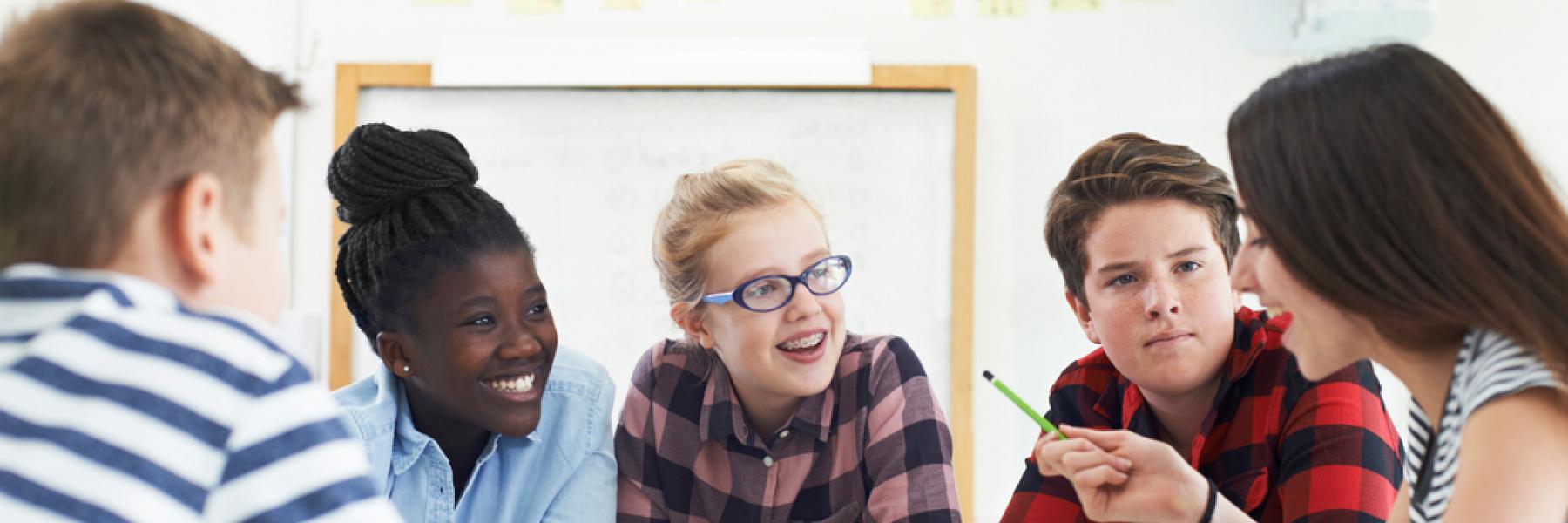
Peer Pressure
As teens get older, they are more able to regulate their behaviour. But, as they spend more time online and with their friends, they can experience peer pressure or peer influence, and choose to do things they would not otherwise do because they want to feel accepted.
It is common for teenagers to want to be more like their friends. Peer pressure or influence can be positive as they could be encouraged to try new activities or try harder at school, but it can also be negative. Peer influence may result in your teens:
- Dressing a certain way.
- Listening to certain music.
- Playing computer games.
- Breaking rules or doing risky things like smoking, alcohol or drugs.
- Be encouraged to get a casual job.
- Changing the way, they speak.
- Try harder at school.
Teens with good self-esteem are better at resisting negative pressures.
Coping with Peer Pressure
You can help your child manage peer influence through:
-
Establishing positive values early,
-
Talking to your teen and encouraging open and honest discussions,
-
Discussing ways to cope with difficult situations with peers, such as saying no to smoking or drinking,
-
Encouraging a wide social network, so they have different groups of friends; for example, from school or sports groups. This will allow them to get support from few different places,
-
Getting to know your teens' friends and get an idea about the type of influence they are,
-
Providing them with support knowing if they feel uncomfortable, they can contact a parent or guardian to come pick them up
-
You may need to make some compromises, like allowing them to dress a certain way or have a particular haircut,
Encourage them to listen to their gut – if it does not feel right – do not do it.
If you notice that your teen has a sudden mood or behaviour change, or starts to withdraw from activities, you should talk to them and if necessary, consider talking to your GP or other health professional.
[Source: Raising Children Network, Peer Influences on Adolescent Decision Making, Albert et al.]
Related Topics

The Five ways to Wellbeing uses 5 simple steps to improve your psychological and emotional health...

Internet usage for kids has increased in the last couple of years with more reliance on online learning and keeping up with social relationships.


